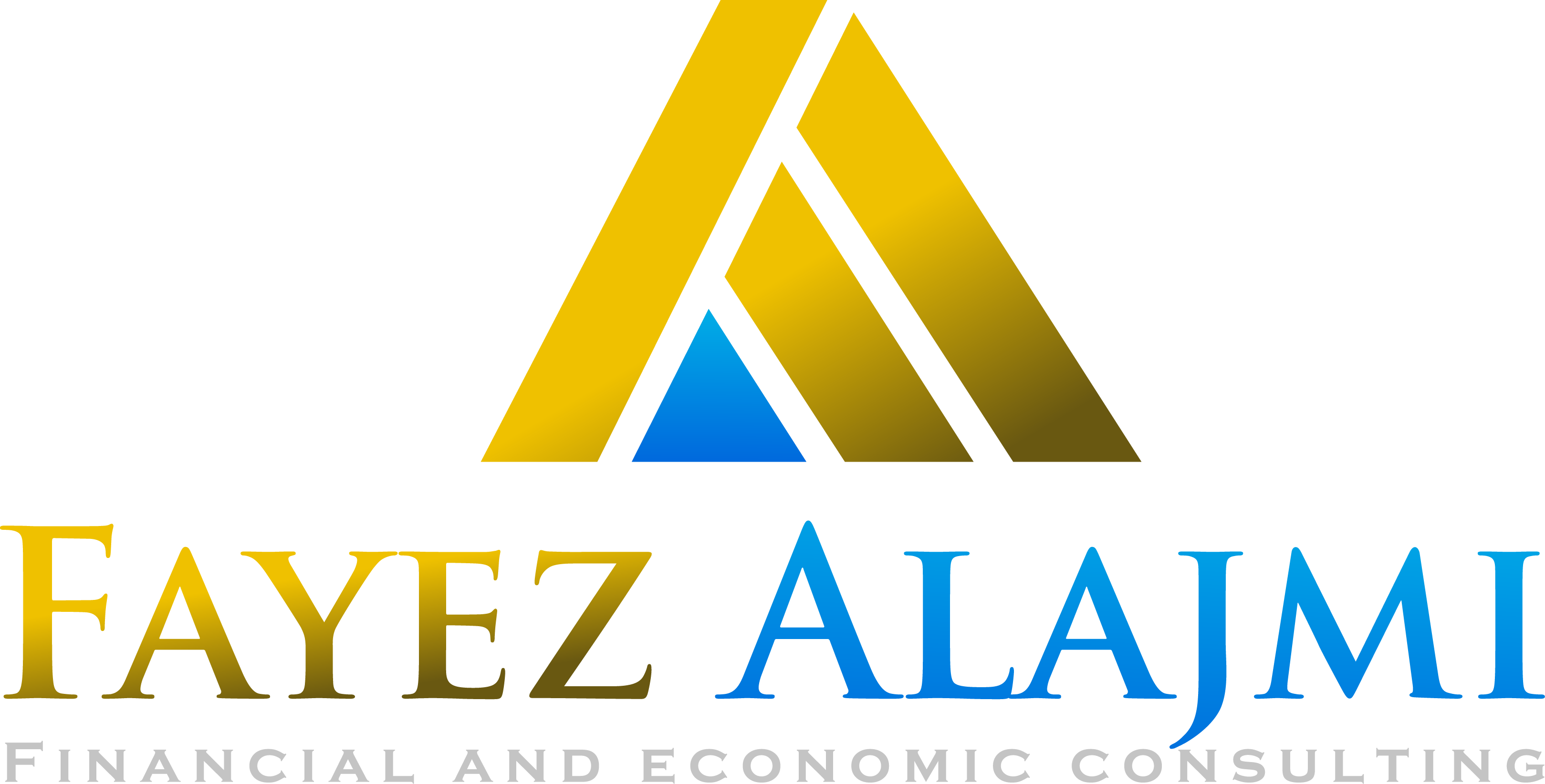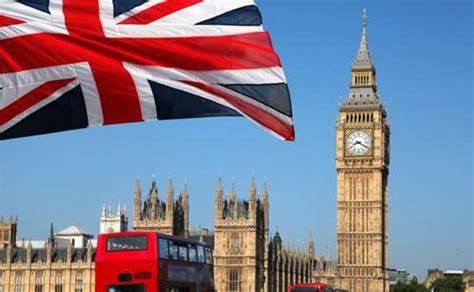
 20 October، 2021
20 October، 2021
 ابحاث السوق
ابحاث السوق
 Views
: 928
Views
: 928

The Consumer Price Index (CPI), which measures inflation in the United Kingdom, grew less than expected in September, according to data from the Office of National Statistics released moments ago, by 3.1% on an annual basis, down from 3.2% in the August reading, while the index rose on a monthly basis in September by 0.3%. The CPIH Comprehensive Housing Cost Index eased from the August reading to 2.9% year-on-year, compared to 3% in August (expectations of 3%).
The largest contribution to the index in September came from the transportation sectors, which rose by 0.91%, the housing and home services sector by 0.69%, and the restaurants and hotels sector by 0.34%, and the entertainment and culture sector by 0.31%.
These data do not change much from the market expectations and the current pricing that the Bank will raise interest rates by 15 basis points to 0.25% in the next meeting of the Bank on the 4th of November, but it may constitute some confusion for a while, especially since some members of the Monetary Policy Committee of the Bank of England are violating the governors Bank Bailey in his intention to raise interest rates and they see it may harm the economy and the credibility of the bank.
Bank of England Governor Billy, and in his statements on the weekly holiday (Sunday) in an online panel discussion, indicated that the bank expects inflation to rise twice the target and reach 4%, and that inflation risks are rising strongly, and therefore the bank must prepare to intervene and raise interest rates for the first time since the beginning of the crisis. Corona .
This explains the rise of the pound sterling by more than 100 points against the US dollar during yesterday’s session, and its trading at its highest levels since mid-September, before falling slightly and trading before the opening of the European markets for today’s session, Wednesday, at 1.3795 levels.